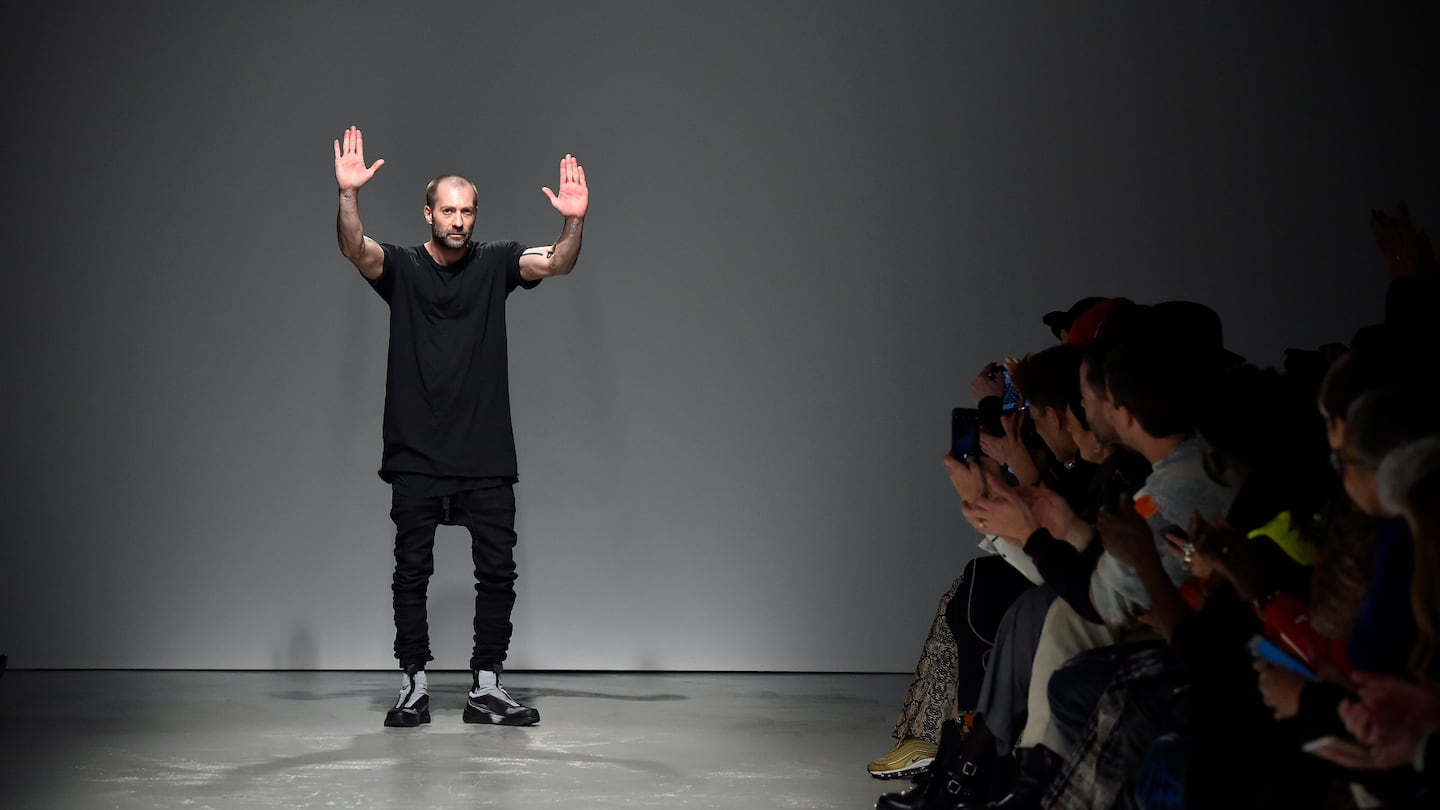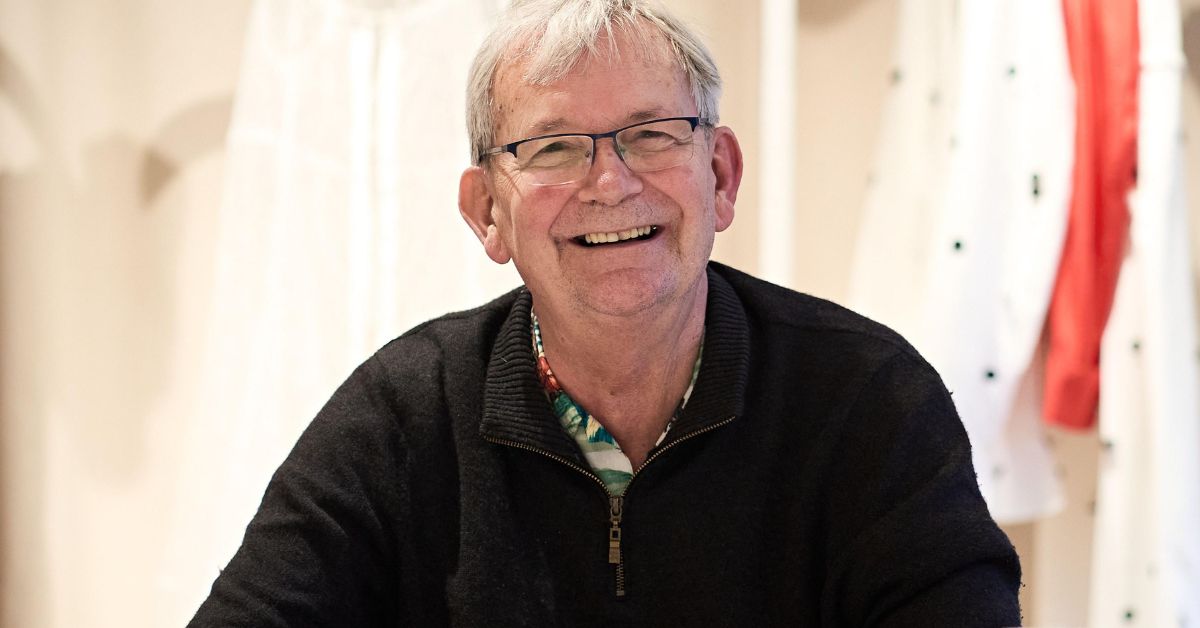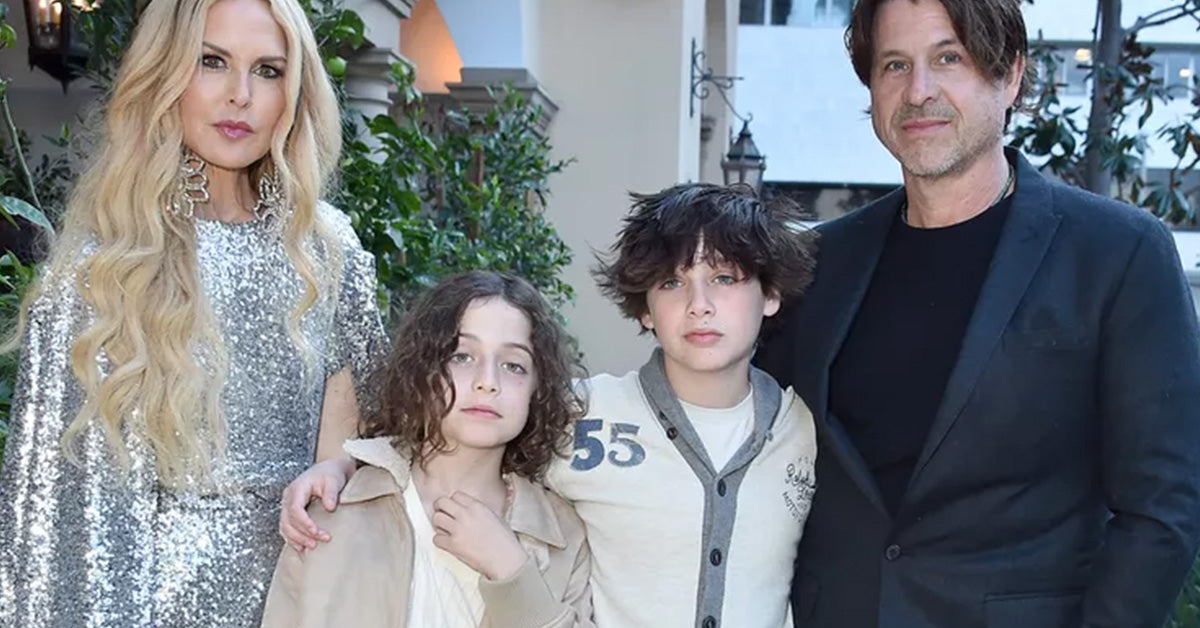Introduction: A Bold Chapter Closes in Fashion
In the world of high fashion, few names have evoked as much intrigue and admiration as Boris Bidjan Saberi. The German-Persian designer, renowned for his avant-garde aesthetic and technical mastery, has announced the closure of his eponymous label. This news has sent ripples through the global fashion community, marking the end of an era for a brand that challenged conventions and inspired a devoted following worldwide.
As we reflect on the legacy of Boris Bidjan Saberi, it’s essential to understand the brand’s unique impact on contemporary fashion, the challenges leading to its closure, and what this means for the future of independent, experimental designers.
The Rise of Boris Bidjan Saberi: Redefining Modern Menswear
Founded in 2007 in Barcelona, Boris Bidjan Saberi quickly established itself as a pioneer in the world of artisanal menswear and high-concept fashion. Saberi’s designs blended influences from street culture, urban architecture, and his own multicultural background. The result was a brand identity that was both distinctive and disruptive.
- Avant-Garde Approach: Saberi’s collections were known for their raw, rugged materials, innovative tailoring, and monochromatic palettes. He frequently utilized unconventional fabrics, such as waxed cottons, horse leather, and treated wools.
- Technical Craftsmanship: The brand placed a strong emphasis on handcrafting and traditional techniques, fusing them with modern silhouettes and experimental treatments.
- Global Cult Following: Over the years, Saberi amassed a dedicated fanbase, particularly among fashion insiders and enthusiasts who appreciated his uncompromising vision and attention to detail.
Saberi’s designs were more than just garments—they were wearable art, often described as “armor” for the modern urbanite. His signature aesthetic, characterized by asymmetrical cuts, layered looks, and utilitarian influences, contributed to the rise of the so-called “techwear” movement.
Why Did Boris Bidjan Saberi Close? The Challenges Facing Independent Designers
The official announcement of Boris Bidjan Saberi’s closure comes at a time of significant upheaval in the global fashion industry. The designer cited a combination of personal, creative, and business factors behind his decision. While heartbreaking for fans, the closure is also indicative of broader industry challenges:
- Financial Pressures: Running an independent, niche fashion label is increasingly difficult in a market dominated by conglomerates and fast fashion giants. Rising production costs, supply chain disruptions, and fluctuating consumer demand have squeezed margins for even the most respected names.
- Creative Burnout: The relentless pace of the traditional fashion calendar, with its demands for multiple collections per year, takes a heavy toll on designers’ creativity and mental health. Saberi’s commitment to his artistic vision may have made it even more challenging to keep up with commercial pressures.
- Changing Consumer Tastes: The post-pandemic era has seen a shift in consumer priorities, with a growing focus on comfort, sustainability, and versatility. Avant-garde fashion, while celebrated for its artistry, often appeals to a more limited audience.
- Supply Chain Disruptions: Recent years have seen unprecedented disruption in the global supply chain, making it difficult for independent brands to maintain the quality and consistency that their reputations depend upon.
Saberi’s decision to close his label is a poignant reminder of the fragile ecosystem that supports creative fashion. While big-name luxury houses can withstand market volatility, smaller, experimental brands often face existential threats.
A Legacy of Innovation and Individuality
Despite the closure, the legacy of Boris Bidjan Saberi is secure. The brand’s influence can be seen in the work of countless designers who have embraced elements of Saberi’s aesthetic. His commitment to authenticity and innovation has set a benchmark for what independent fashion can achieve.
- Pushing Boundaries: Saberi’s work challenged traditional notions of masculinity, blending utility and elegance in ways that felt both futuristic and timeless.
- Material Experimentation: The designer’s exploration of new fabrics and dyeing techniques inspired a wave of material-focused experimentation across the industry.
- Artisan Values: By prioritizing craftsmanship over mass production, Saberi reminded the fashion world of the value of slow, intentional design.
Collectors and fans will continue to cherish Boris Bidjan Saberi pieces for their artistry and technical sophistication. The brand will live on in the wardrobes and memories of those who appreciated its vision.
The Impact on the Fashion Industry
The closure of Boris Bidjan Saberi’s label is a significant moment for the fashion industry, raising important questions about the viability of avant-garde and independent brands in today’s landscape.
What does this mean for the industry as a whole?
- Inspiration for Future Designers: Saberi’s journey will likely inspire a new generation of designers to pursue their artistic visions, even in the face of commercial challenges.
- Conversation About Sustainability: The struggles faced by Saberi highlight the need for a more sustainable and supportive fashion ecosystem, where creativity is valued alongside profitability.
- Shift in Consumer Mindset: As consumers become more discerning, there is hope that appreciation for craftsmanship and individuality will drive demand for independent labels.
The industry is at a crossroads, where innovation must be balanced with sustainability and business resilience. Saberi’s closure is a call to action for stronger support systems and more flexible business models.
What’s Next for Boris Bidjan Saberi?
While the brand may be closing, Boris Bidjan Saberi himself is far from finished. The designer has hinted at potential new projects and collaborations in the future, suggesting that his creative spirit remains undimmed.
For now, Saberi’s focus will likely shift to personal growth, reflection, and perhaps exploring new avenues outside the traditional fashion system. The industry—and his fans—will be watching closely to see what comes next from this visionary talent.
Reflections from the Fashion Community
The news of Boris Bidjan Saberi’s closure has prompted an outpouring of support from fellow designers, retailers, and fans. Many have taken to social media to share their favorite memories and pieces, underscoring the profound impact the brand has had on their lives and wardrobes.
Industry insiders have also used this moment to reflect on the challenges facing creative entrepreneurs. The hope is that Saberi’s story will spark meaningful conversations about how to nurture and sustain independent voices in fashion.
Conclusion: Honoring a Trailblazer’s Vision
The closure of Boris Bidjan Saberi’s iconic label marks the end of a remarkable chapter in fashion history. While fans mourn the loss of new collections, there is much to celebrate in the legacy Saberi leaves behind—a legacy built on innovation, integrity, and fearless self-expression.
As the industry evolves, the lessons of Boris Bidjan Saberi will continue to resonate. His work serves as a reminder that true artistry is both rare and invaluable, deserving of recognition and support.
At Fazbuy, we honor the visionaries who dare to challenge the status quo. Boris Bidjan Saberi’s journey is a testament to the power of creativity and the enduring impact of independent fashion. The story may be closing, but the inspiration lives on.











